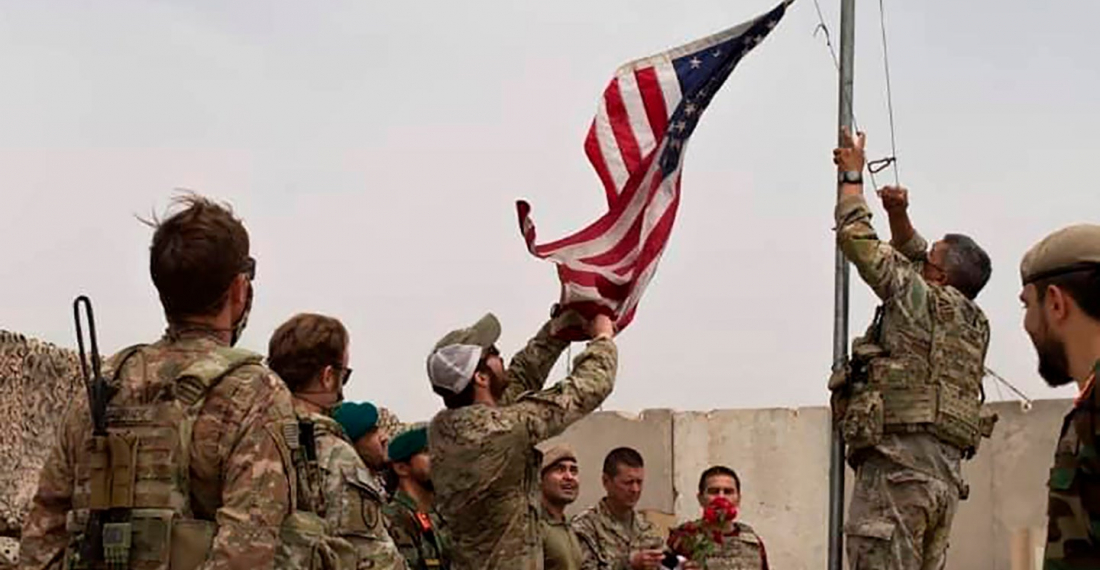The last US soldier has now left Afghanistan ending a costly and controversial two-decade presence in the country. But for the people of Afghanistan the future is very uncertain. It is also now clear that there are deep divisions in the international community with regard to how to engage further with the situation that has resulted from the swift Taliban take-over of the country.
On Monday (30 August), the UN Security Council adopted a resolution to appeal to the Taliban to permit Afghans to leave their homeland unhindered. The resolution received thirteen votes in support, but Russia and China abstained, indicating a much wider rift emerging between them and the Western countries on future action.
The resolution, presented by Britain and France, together with Ireland and the United States, can increase the pressure on the Taliban to keep the promises it previously made to the international community. The Taliban said Afghans are free to leave the country at any time and by any means. The Security Council “expects the Taliban to comply with these and all other obligations”.
The resolution says the council expects the Taliban to allow a “safe, secure, and orderly departure from Afghanistan of Afghans and all foreign nationals”.
The resolution also states that Afghanistan must not become a terrorist haven. In addition, the country must allow unhindered access for humanitarian aid and respect human rights, especially the rights of women, children and minorities.
The Russian Ambassador to the UN said that the resolution had failed to address important Russian concerns. Ambassador Vasily Nebenzia said, “We had to abstain during the voting on the UN Security Council draft resolution on Afghanistan,” he told the Security Council meeting. “We did it because the draft’s authors ignored our principle concerns”.
According to the Russian diplomat, Russia suggested that the United Nations Security Council resolution on Afghanistan include a provision on negative effects of the mass evacuation of specialists and the freezing of financial assets on the situation in that country, but these initiatives were ignored.
France and the UK also proposed that a “safe zone” be created at Kabul airport for humanitarian aid after the departure of the last US troops. That proposal did not make it in the Security Council. The new “safe zone” at the airport of the Afghan capital was, according to Macron, necessary for the delivery of humanitarian aid under the protection of the United Nations. It would also ensure that the UN could act quickly in emergencies. Macron stated this earlier in an interview with the French newspaper Le Journal du Dimanche.
The hope that the international community will face the Taliban united is clearly wishful thinking. On the contrary the risk that Afghanistan will become again a battle ground for big power rivalries is now significant.






